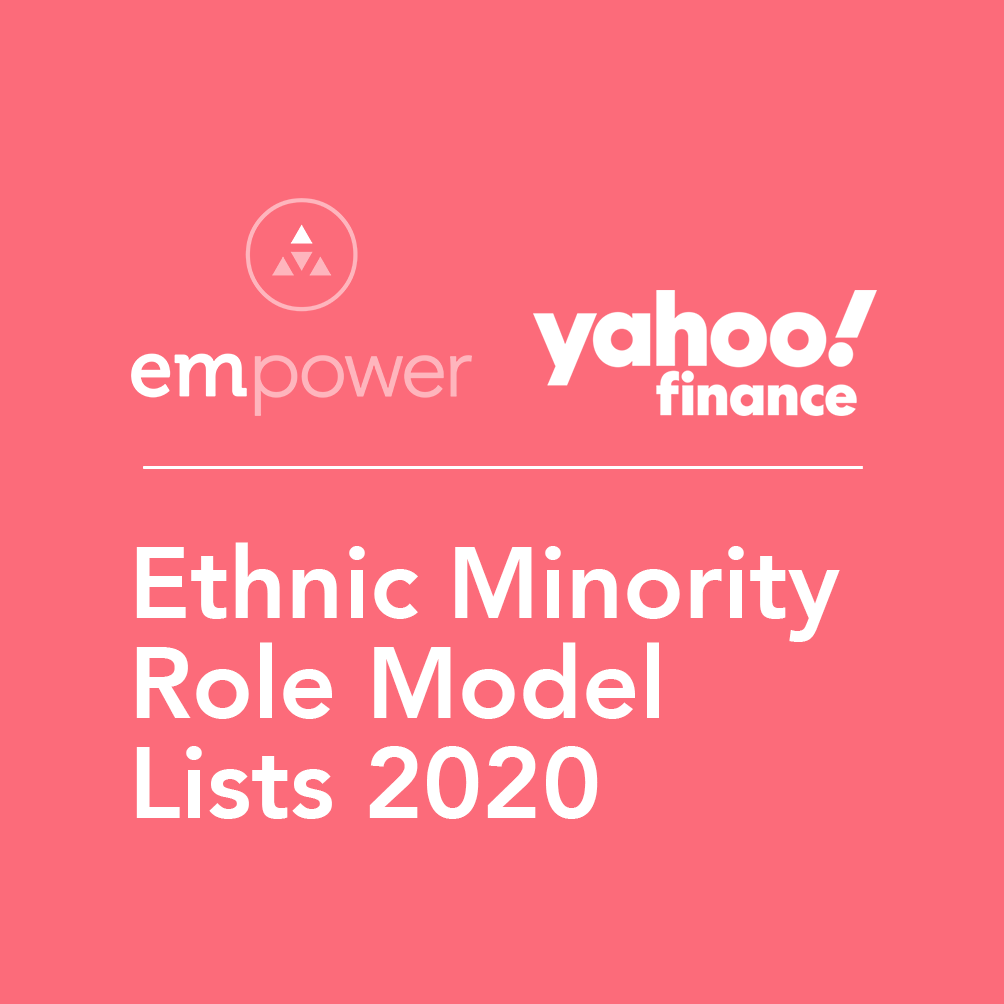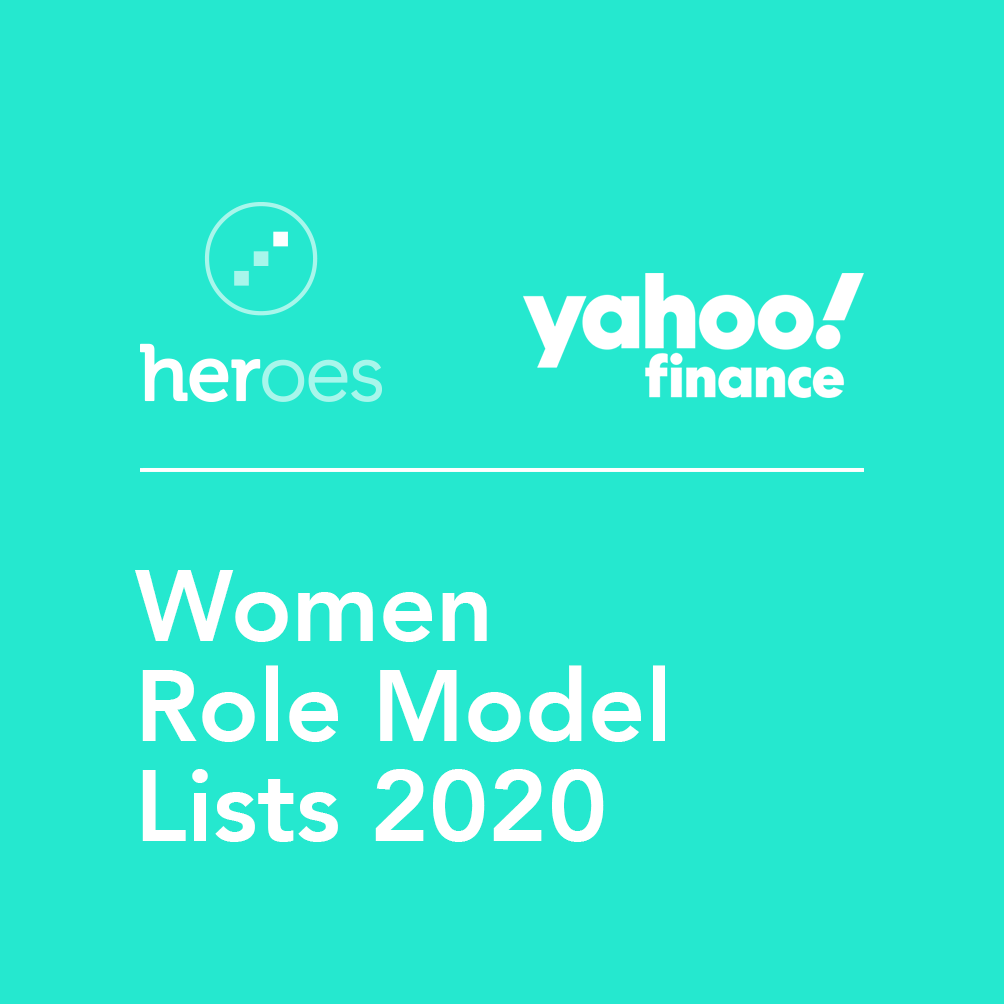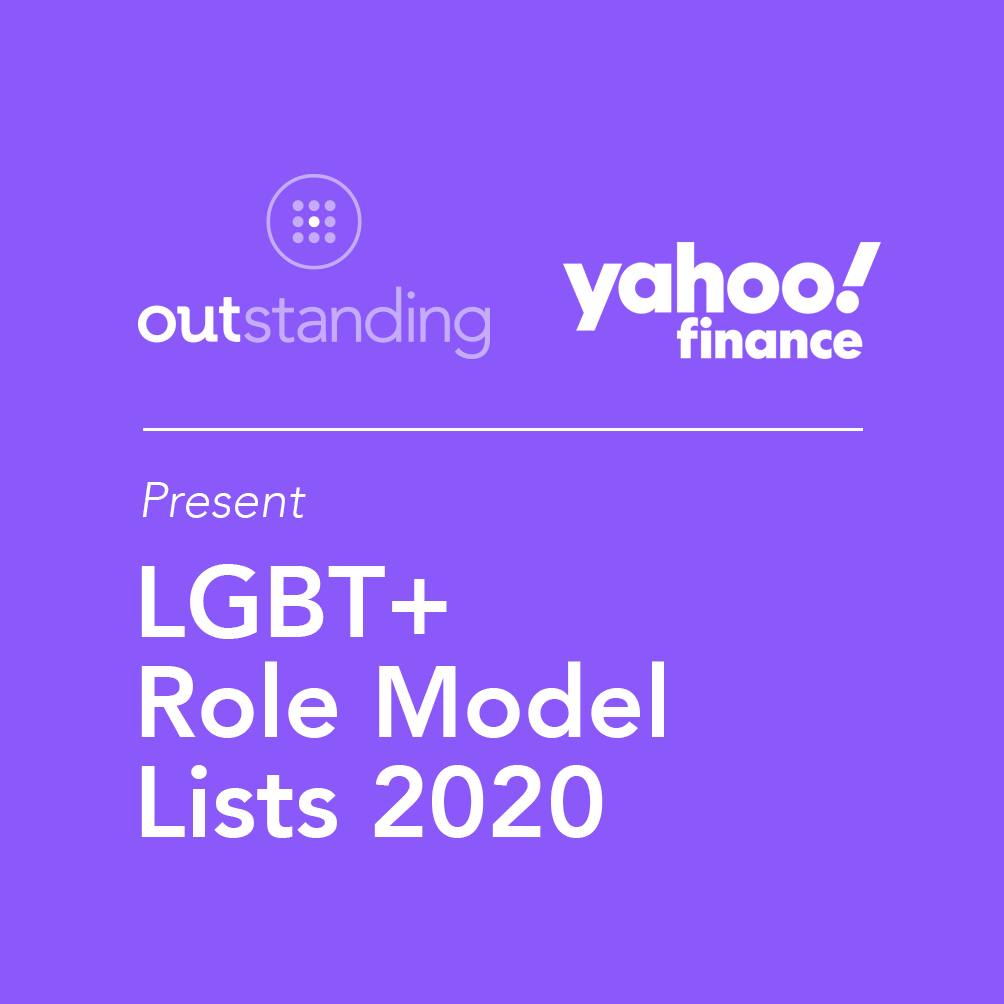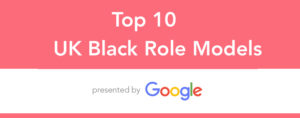
Edleen John
International, Corporate Affairs and Co-Partner for Equality, Diversity, and Inclusion Director at the Football Association
We were delighted to sit down with Edleen John,International, Corporate Affairs and Co-Partner for Equality, Diversity, and Inclusion Director at the Football Association to talk about her career journey to date and unpick some of the core inclusion challenges in her industry.
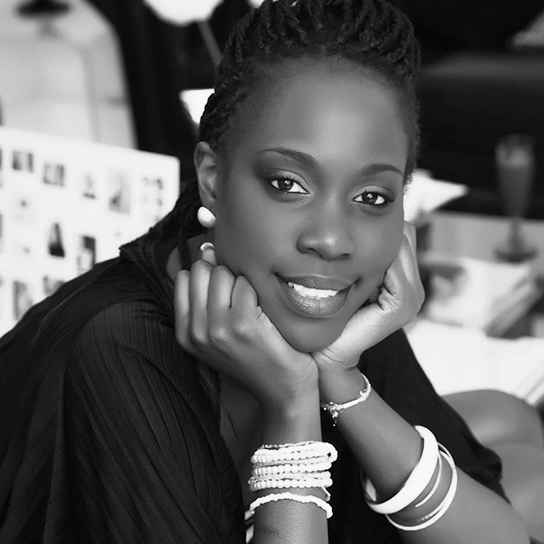
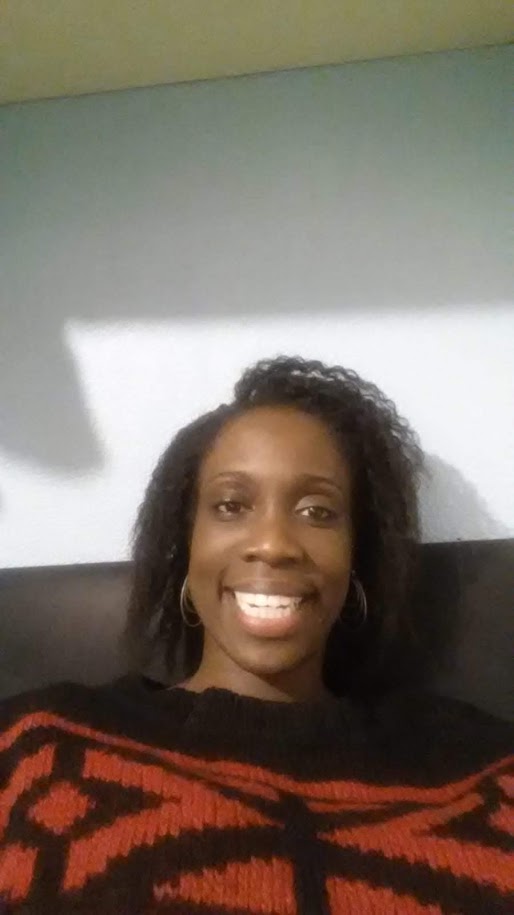
In a nutshell, please tell us a little about your career journey until this point.
I think it’s fair to say it has been a roller coaster! I started out working as an Investment Banker and have spent most of my career within Financial Services working across a suite of different roles. My career began at Debt Capital Markets at what was then Lehman Brothers, before moving across to Nomura Holdings. I subsequently moved on to work at a small Insurance Broker in a Technician and Broker role working within the Lloyd’s of London Insurance Market. Back then, the Investment Banking and Insurance industries were culturally very different to each other and there was much less diversity than we see today. Experiencing these industries early on in my career enabled me to learn some key career lesson and helped me grow in ways that I didn’t understand then, but really appreciate now.
By the end of my time in Insurance, I had embarked on combining work with further study in the form of a Masters in Organisational Psychiatry and Psychology. Eventually, I ended up returning to Nomura and then joining the HR function, to lead the UK and Diversity Campus Recruiting Team. It was during my time in this role that I really got a sense for what a Corporate role in Diversity and Inclusion was about and whilst I didn’t work for her, I recall the Head of Diversity being someone I respected for being completely authentic and for being willing to have difficult conversations with anyone and everyone. After enjoying the opportunity to travel across EMEA visiting various university campuses in our bid to secure top graduate talent across the Investment Banking, Global Markets and Corporate Functions, I made the decision to move to Morgan Stanley to focus initially on diversity recruitment. Over my years at Morgan Stanley, I had the luck and privilege of working for three equally brilliant line managers who each had unique styles, vast knowledge, industry expertise and very different strengths. My role expanded beyond recruitment to cover the broad breadth of Diversity and Inclusion – influencing, impacting, and touching the whole employee life cycle and working across every strand/focus area imaginable. I learned so much about my job likes, dislikes and must-haves in the many years at Morgan Stanley and this paved the way for me to move across to KPMG to lead their work on Inclusion, Diversity and Social Equality before starting work as an independent Diversity and Inclusion Consultant and joining the world of sport!
In the early part of 2020, I was doing quite a lot of self-reflection. I had initially decided to take some time out of work to travel with my parents, but this was curtailed due to Covid and in short succession, I lost a friend in a tragic accident and felt the societal shift in the focus on equality after the death of George Floyd. Amidst all of this, I remember asking myself ‘what do I actually want to stand for?’ and ‘what is important to me?’ – and three key things were important specifically within the work sphere – 1). Taking the opportunity to really challenge myself, go outside of my comfort zone, learn something new and add value with my own unfiltered voice, expertise, and knowledge; 2). Working for someone who I could learn from and who I respected in terms of not just their outputs, but also who I felt role modelled the values that I felt were key to being an Inclusive manager and a kind human being; and 3). Being able to support and drive change for disadvantaged or underrepresented communities. I had been involved with the FA via my role as a critical friend on their Inclusion Advisory Board so when the opportunity came up to put my hat in the ring for a permanent role, I jumped at the chance!
In September 2020, I joined The Football Association (FA) as their International, Corporate Affairs and Co-Partner for Equality, Diversity, and Inclusion Director.
It has been fantastic to apply my skills within a new industry where the love of the Sport touches so many lives. Moving to the FA has afforded me the chance to expand my skills and knowledge across the International Relations and Corporate Affairs spaces in a deeper way than previously experienced. I’ve been lucky to do this in an environment where my peers are incredible at what they each respectively do and where I have a manager who is supportive of me having interests beyond Sport. This has allowed me to continue my work as a Diversity and Inclusion Consultant and Speaker, helping organisations along their journey whilst also keeping up with my other extra-curricular interests too.
“What do I actually want to stand for?”
Who is your role model and why?
It sounds cheesy, but I can’t pick one – so I’m going to pick three – they are my Mum, my Dad, and my big Sister.
My Mum has taught me the importance of tenacity, resilience, commitment, self-discipline, and focus. She’s taught me that it really doesn’t matter what anyone says about you because it’s not written on your forehead. In the work context, she’s taught me it’s about your moral compass and knowing in your heart that you tried your best. Ultimately, that’s the only benchmark that matters when you go to sleep at night. She keeps me forever grounded and forever loved.
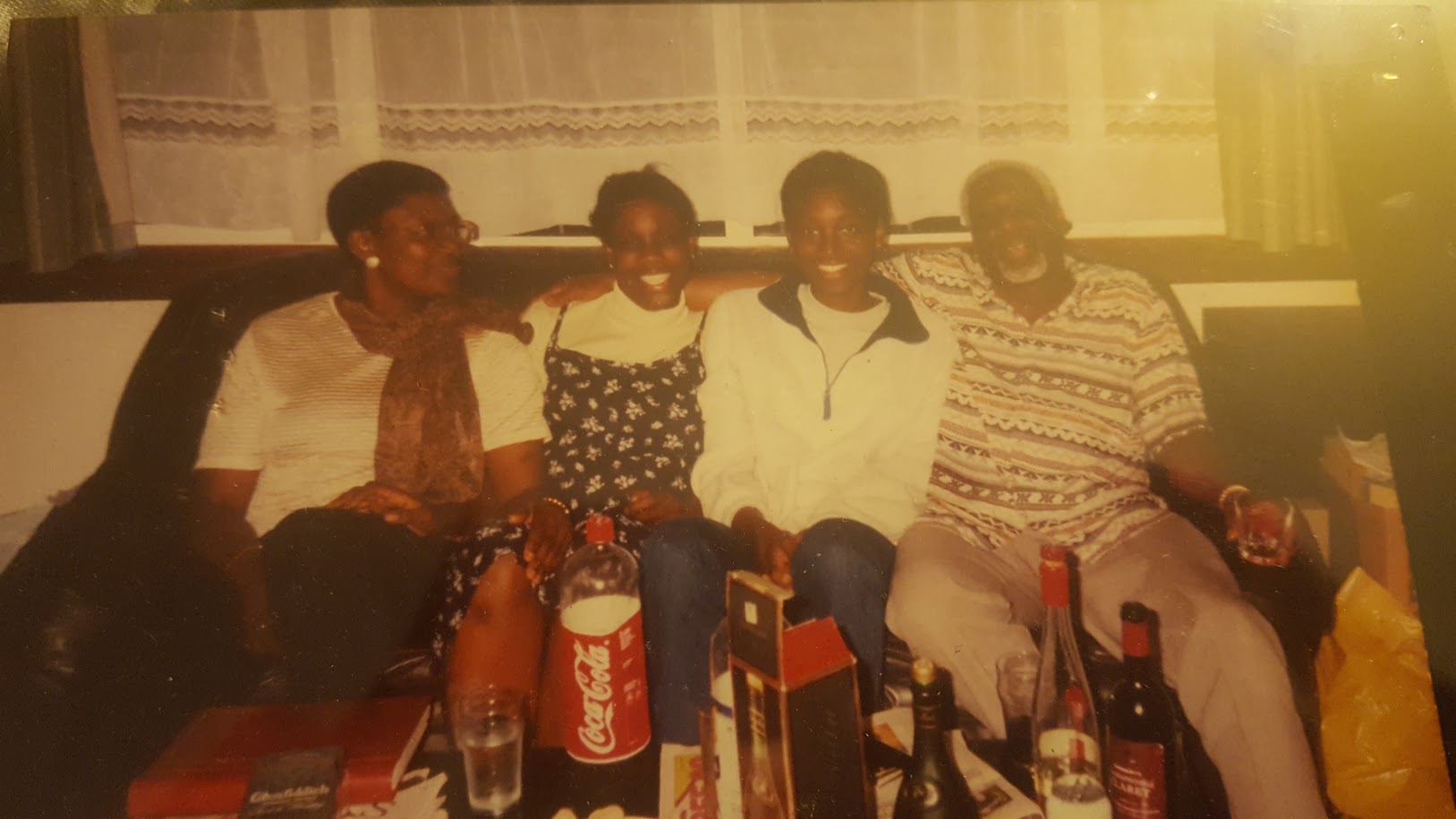
My Dad has taught me that it’s important to plan, to set goals and to have a back-up plan, just in case! He’s also taught me that even when you’ve done well, you can always do better and that keeps me forever striving for more! For the most part, my Dad really doesn’t take life too seriously so he’s also taught me the importance of not taking things or people to heart, talking to anyone and everyone, and making sure that I try and take time to laugh – even when things are tough.
My sister is the supportive, positive, and critical friend that everyone needs in their life! She regularly reminds me of the importance of work/life balance (which I often get wrong), challenges me to try new and different things and encourages me that you can and should take risks even when you don’t have all the answers. She’s also amazing at finding me tons of resources (so I have zero excuse for why I haven’t gotten round to doing something) and regularly reminds me that happiness and health are far more important than any job ever!
I am blessed to have an incredible support network of mentors who happen to be my family and who happen to add such incredibly different things to my life. I like to think their stark differences give me balance, because they tell me when I’m completely wrong, tell me when I’m right and tell me when it’s time for me to be quiet so I count myself incredibly lucky!
What did you want to be as you were growing up?
I think it’s fair to say I’ve always had a ton of interests and 5 million different careers that I wanted to pursue – take note, decision-making has been a development area since my youth! The two things I remember wanting to be at different times during childhood were a Sound Engineer – working on music all day, every day, and a Social Worker – helping people who had challenging life circumstances. I have an early memory of being about 13 and being in a recording studio in Brixton shadowing a Sound Engineer and meeting musicians. I remember feeling like it was just where I was meant to be…. although my lack of love for Physics probably wasn’t as aligned with what that career choice needed!
“You can (and should) take risks”
What’s your biggest career regret and your biggest career achievement?
My biggest career regret was not always finding my voice or being decisive about my own career direction…. even though I was advising others to! This manifested itself in not feeling like I could bring my full self to work, not always speaking up for myself and allowing others to dictate elements of my focus where hierarchy or challenging personalities made things difficult, and I didn’t feel listened to or understood. In hindsight, whilst I learned from those situations, I wasted emotional energy and time that I could have been putting into an organisation or role where I felt like my value was actually recognised and respected. It taught me the damage of not using my authentic voice at work and no-one can take that away from me now.
I think my biggest career highlight in terms of a specific moment would still be making VP at Morgan Stanley. At the time, I was the youngest person to make VP within the EMEA HR function – and it was an absolute surprise! I remember that I’d just worked on a big MD promotions project with the EMEA CEO, and the Head of my area said, ‘Edleen, can you come into the office to have a talk about the work that you did this morning?’. In banking, being called into an office wasn’t always a good thing, but that conversation was actually to tell me I’d been promoted! It was made doubly sweet because two of my really close friends got promoted on that same day….and it’s fair to say that we truly committed to our celebrations!
In a short sentence – what would you tell your 18-year-old self?
Life is fleeting, so remember that today and every single day, being you is good enough. It’s really that succinct for me!
What challenges have you faced within a work setting, and how did these challenges differ at each stage of your career?
In my early days, I struggled with being someone who used to always wear my heart on my sleeve and in a corporate environment, there are pros to that as people know where you stand, but there are negatives as well. I remember people saying to me that my face in meetings would give away everything I was thinking and feeling. I had to work on that a lot in my junior career.
Towards the latter part of my middle management stage of my career, the challenge was that I was not sure that my career was going in the direction that I wanted it to go in and I certainly didn’t feel like I was working with the right people who had much knowledge or who could inspire and push me. I think part of that was due to having a manager who didn’t understand the space in which I worked, but also didn’t understand the broader function or take the time to understand me. Whilst I felt really valued by the business, I didn’t feel respected or valued by my manager because I was different – I remember being the only Black person in that team and at times that facilitated a lot of self-doubt and a lot of unhappiness.
At a senior level and being someone who has moved into a completely different industry recently, the challenge has been adapting and learning quickly whilst simultaneously building relationships and making decisions. I’ve been having to soak up knowledge and insights from around me across all levels to learn about the world of sport but still being clear on my standing as the leader of a function, which often means needing to be that authoritative, supportive and confirmatory voice across the International Relations, Corporate Affairs and Equality, Diversity and Inclusion areas. Doing this outside of the industry I’ve grown up in has been a very different kind of challenge, but one I’ve been really enjoying.
It’s difficult to talk about a specific instance of racial discrimination, but I can definitely say that over the course of my career there have been moments where I’ve been treated differently from colleagues who were white. Interestingly for me, it wasn’t just about the maltreatment but the silence from those who’d call themselves champions or say they were passionate about diversity that struck me most. This taught me the importance of my responsibility to use my voice for others if I’m in a position of privilege.
“People have referred to their networks and their little black books to make key hires.”
Do you think that there any inclusion related challenges that are unique to your industry?
The reality of football is that it’s vast and varied, so there are a range of inclusion related challenges you will encounter as you work from the grassroots game right up to the elite end of the game. Football has a long history in England and it’s a topic and a sport that lots of people are passionate about and lots of people have a view on.
Historically, I think it’s fair to say, particularly as it relates to recruitment and hiring within football, that often people have referred to their networks and their little black books to make key hires. We need to look at how we shift and change the narrative on diversity and inclusion by making sure that we strive to provide equal access to opportunities for all individuals across the landscape of football. This is a unique challenge because you’re educating people and winning hearts and minds, whilst also saying ‘Hang on, let’s try something different’. Change comes with challenge, and you must take people along the journey with you in understanding that diversity benefits everybody not just the underrepresented groups.
One of our key strategic game-changers at The FA is to make sure that our game is free from discrimination and this isn’t just an objective of the Equality, Diversity and Inclusion team but all of my colleagues and their teams are contributing towards this too – and that ensures that everybody takes accountability for driving change.
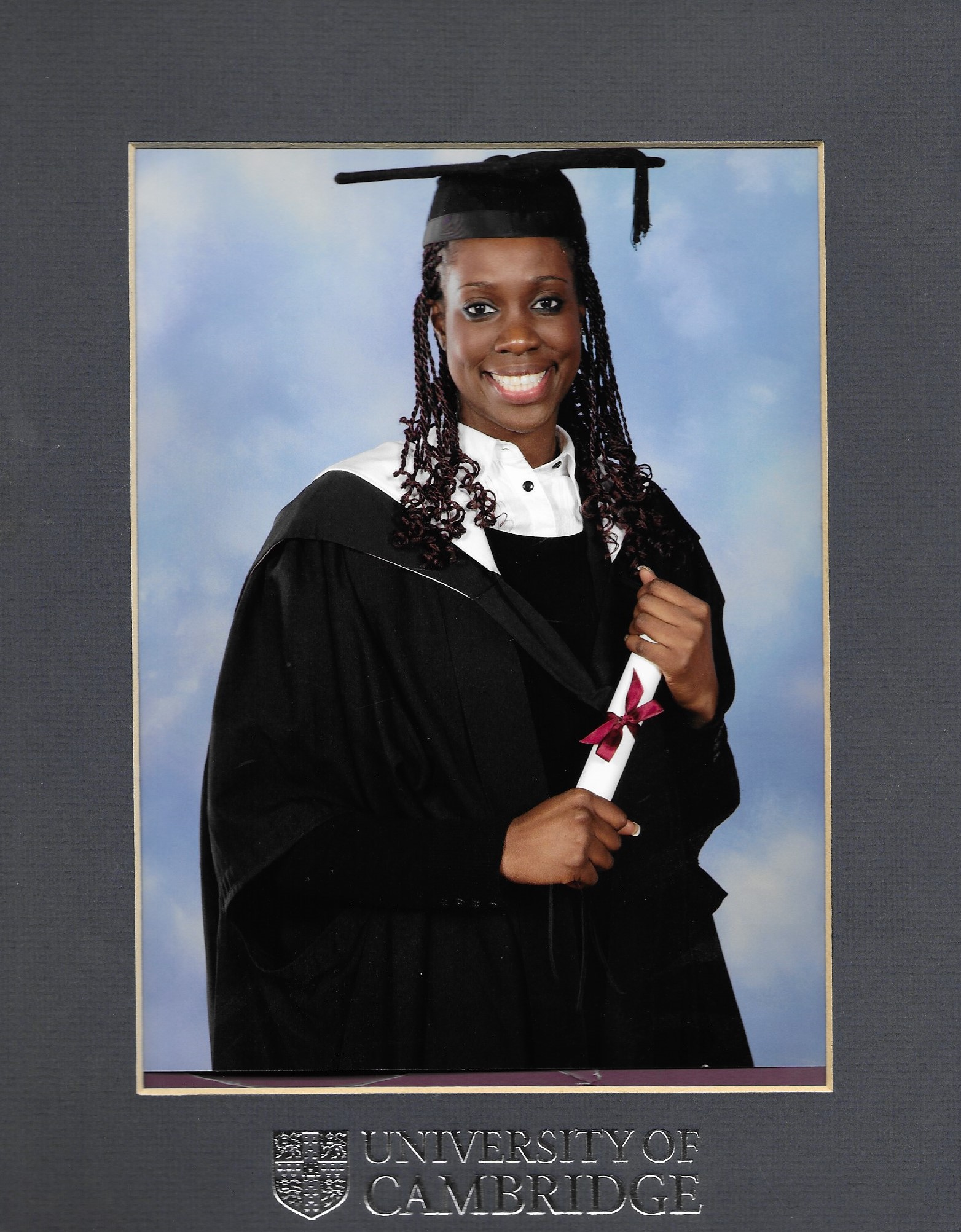
How has your lived experience helped you in the industry you work in today?
My lived experience can provide me with a personal understanding of what it feels like to be underrepresented. I use this experience and the insights I’ve gained to be open and honest about the challenges of feeling like an outsider and like you must work twice as hard to be recognized. I also think my learnings from other industries also means that I’m comfortable in challenging people to think outside the box, even when it’s hard.
My lived experience also showcases that hiring from outside the industry, whilst a risk, can add a different type of perspective which can be valuable. In my opinion, this openness and willingness to take risks is key to shifting an industry that historically has operated based on who you know vs. what you know.
I also recognise that because we don’t have significant volumes of Black heritage individuals involved in senior leadership roles off the pitch, I am a de facto role model to some people in the game and I note that this comes with a duty of care and a responsibility to use my voice, to champion change.
What is one thing leaders can do to help advance inclusion in your industry?
Broadly speaking, it’s about making sure that we continue to create that equality of opportunity from senior administration through to those on the playing field at all levels.
To use an example, if I look at Asian representation at the elite end of the game for example, we don’t have significant volumes of Asian individuals who have risen through the grassroots space, through football academies and into the top flight of the game in England. So when I think about this, I look at thinking about how we can encourage and facilitate that equality of opportunity and access to opportunity across all communities in England, because I believe football is for everyone.
We often reflect on how you “can’t be what you can’t see”. How far does this resonate with you and your experiences in business?
This is an interesting one for me, because at a lot of stages in my career, I haven’t really been able to see what I’ve then become. There hasn’t necessarily been anybody that I can say was from a similar background or had similar experiences to me in my line of sight. I had to find role models in other parts of my organisations, outside of my industry or indeed in different spheres of my life. That being said, I think it’s so critical to see what you want to become as when you feel self-doubt, you can look up and know that it’s possible.

